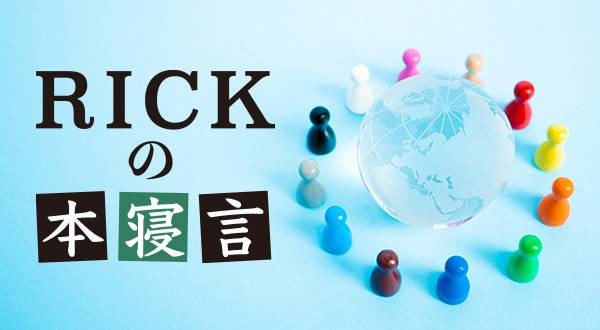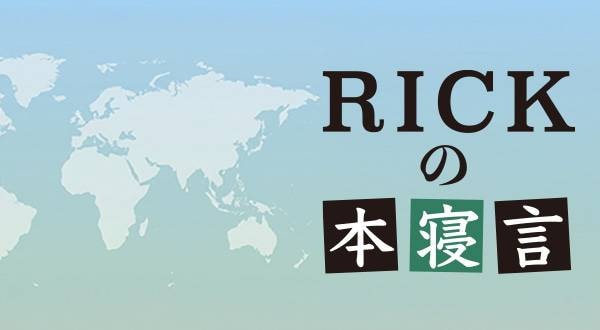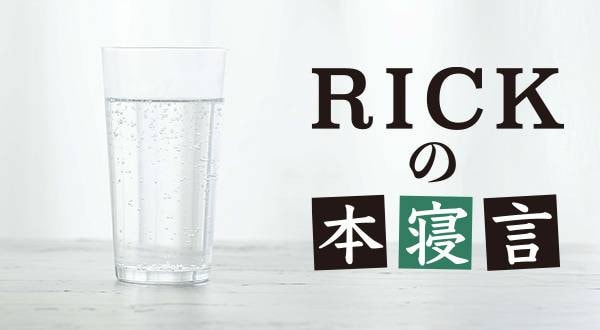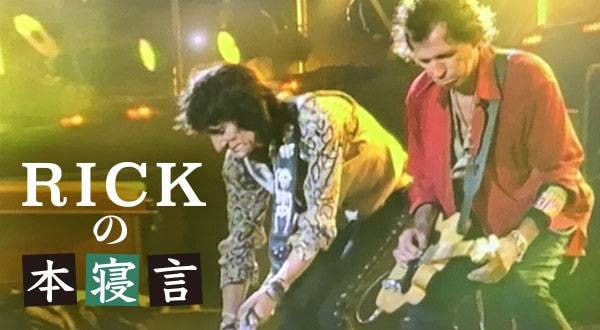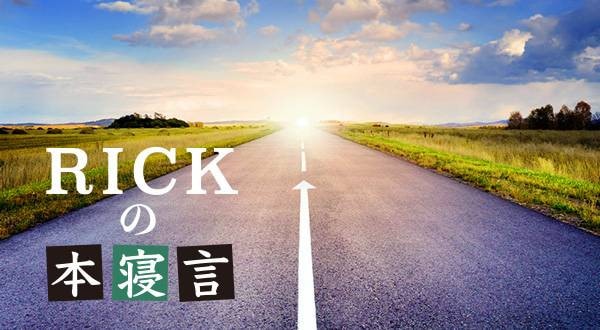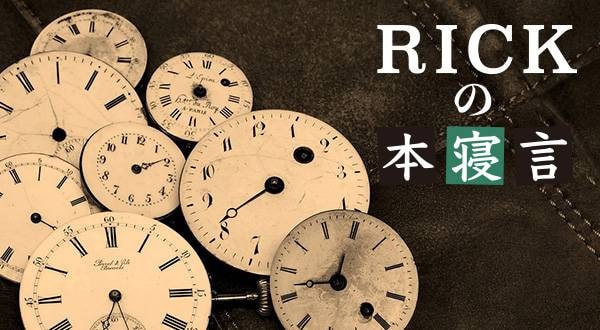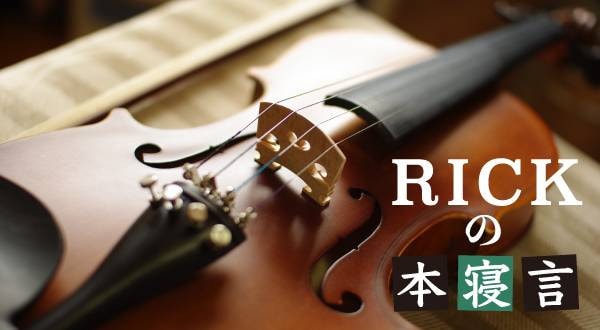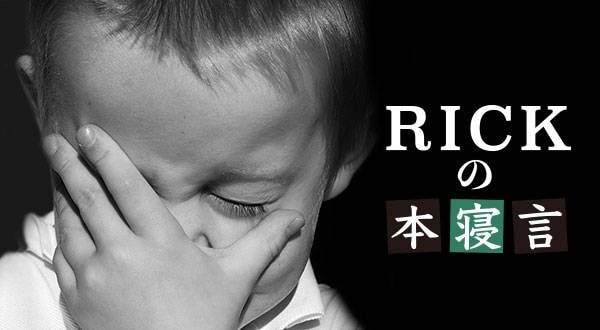
A few years ago, when I was studying ancient history, I had the opportunity to learn about the discipline of historical demography. This is surprisingly deep and interesting. Based on history, we calculate how Japan's population has increased, and how many migrants have crossed the sea to reach this population. According to one theory, at least 1.5 million migrants migrated to the Japanese archipelago in the late Yayoi period. Otherwise, we cannot explain the rapid population growth of the Japanese archipelago from the Yayoi period to the Kofun, Asuka, and Nara periods. Certainly, even from my own calculations, the numbers wouldn’t add up unless at least 2 to 3 million migrants arrived from the continent...
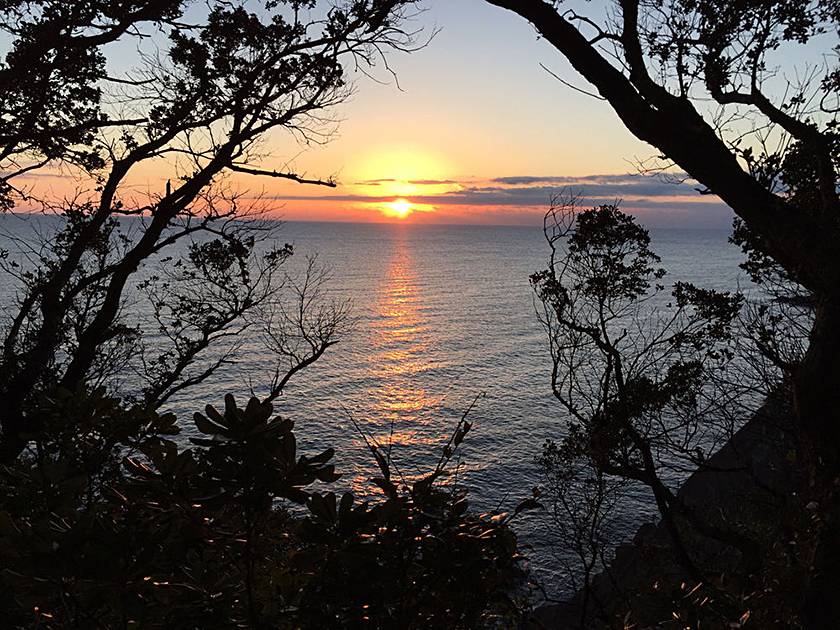
The reason I’m talking about this is that, on the contrary, the rapid decrease in the Japanese population has become an urgent issue. At the current rate, 500 years from now, there will be no Japanese left in the Japanese archipelago. It’s said that half of the remote islands will become uninhabited within 50 years. Not only that. The Japanese archipelago is an island country in the first place, and it is a country made up of fisheries. The Japanese archipelago is surrounded by fishing villages and has been a country that has earned its living by catching fish. The current situation is such that fishing villages may disappear one after another from the Japanese archipelago. Of course, the forest industry is also in a state of decline, and young people who want to work in the mountains or on the sea are few and far between.... This is disturbing.
Another problem is the Northern Territories issue. I have to say that we have reached a point where we may need to give up. The Northern Territories are clearly unique to Japan. However, the territory has the ultimate authority over the people who execute and control it. But are there any Japanese people who want to live in the Northern Territories? No young people anyway. Even for the elderly, it’s too cold, too far away, inconvenient, the food is not good, it’s scary, and so on. All the opinions are negative and no one wants to migrate there. As such, I just hope that the Russian people who live there now will be happy in the Japanese territory.
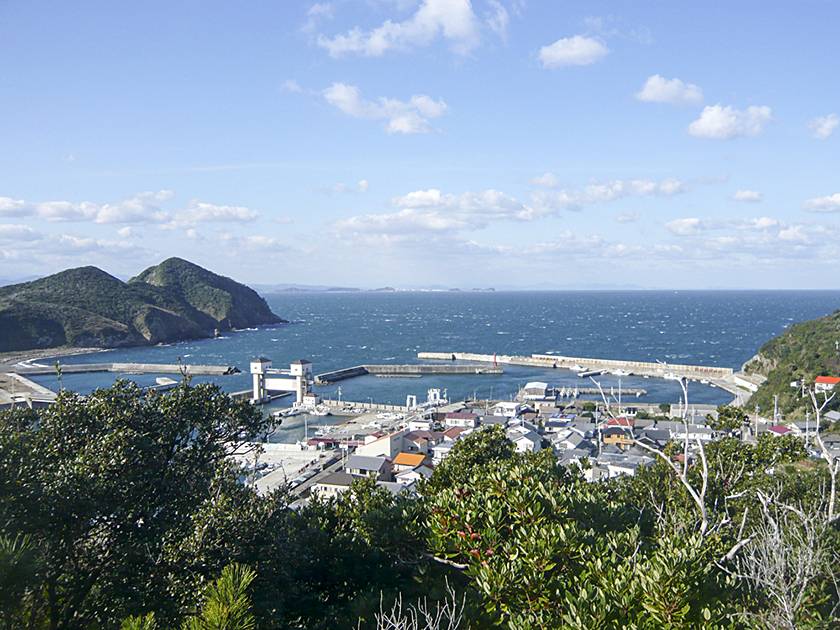
Recently, Sound House has been trying to contribute to regional revitalization through the YOITOKO project. While traveling all over Japan, I have seen countless towns that make me wonder if they will survive the next 20 years. It seems that young people tend to want to gather in Tokyo because there is little to enjoy in a quiet town. I am concerned about that tendency, and I feel that I should do something about it. But I still cannot come up with a good idea. With the many options in life, it should be possible to have a longing for the city, and at the same time, to live naturally in an environment blessed with nature, following the gentle flow of time.
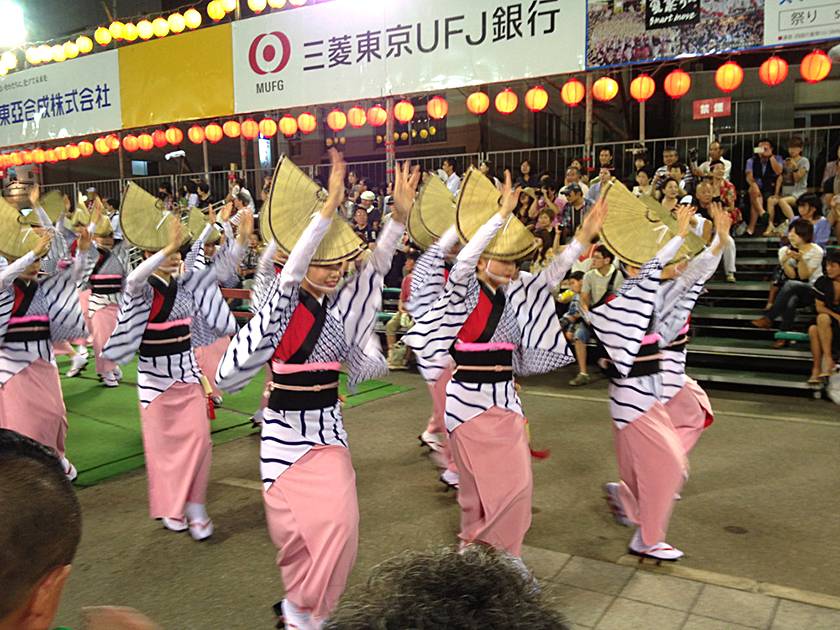
When all is said and done, the lack of people living in rural areas disrupts the flow of history. I think that the only secret plan that could solve this is the festival, which is a culture unique to Japan. There may be some faith in the Japanese mind that respects the gods and Buddha. Festival activities strongly appeals to the heart. This year, I was able to participate in the Awa Dance and the Kanto Festival in Akita. The former is the world's strongest female-led festival where women lead the festival dance. The Kanto Festival is an extremely difficult festival in which the artistic technique of the Kanto dance, which can be called art, is accomplished by the hands of men. The appearance of showing off that technique is a masterpiece. Through these festivals, the Japanese are always drawn to thoughts of their hometowns. Festival have a life, and they contain the teachings and beliefs of our ancestors. Music is indispensable for festivals. The sound of the drums, the sound of the flute, and the shouting are the true essence of festivals, which are full of energy and dynamism.
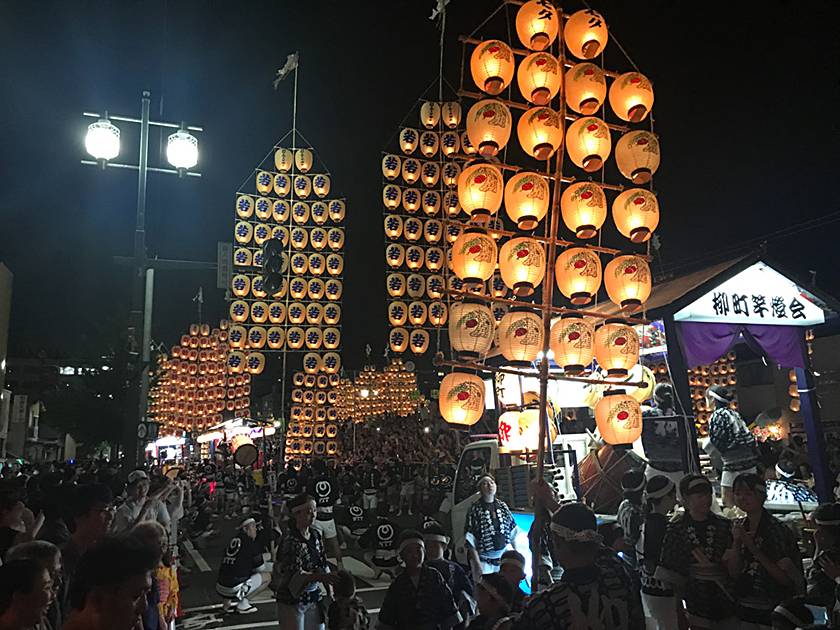
Because this era is the way it is, we must take the plunge and contribute to Japanese society.
And now is the time. That's one of the reasons why Sound House has grown so much. More and more, I hope that the Japanese people will spread to all corners of the region and that people can enjoy days of happiness throughout the Japanese archipelago while spreading the festival culture to all of the people. Every day, I ask myself what I can do through YOITOKO, how I can contribute to the spread of music that is so important for festivals, and how I can achieve regional revitalization through young people.






